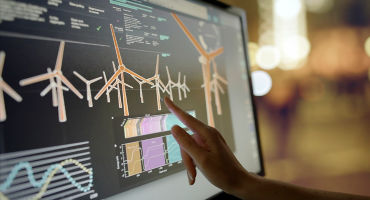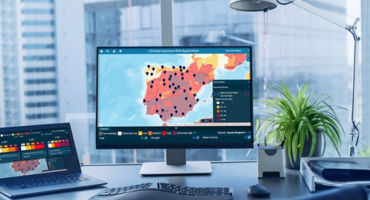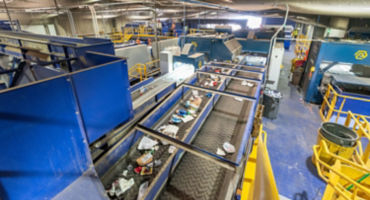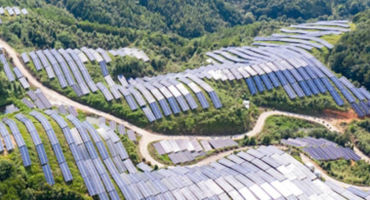My experience working with large, sophisticated asset owners has led me to conclude that many are “short” climate change, with pockets of portfolios likely to underperform as climate risks intensify. A growing body of research,1 including our own work with Woodwell Climate Research Center, shows that the increasing frequency and severity of physical climate events may lead to negative economic outcomes and falling asset values. Why are the downside financial risks of climate change so prevalent across portfolios? In my view, there are two main reasons.
First, markets have long regarded climate change as a future problem that is too far away to matter, rather than a near-term problem that can carry material financial risks. Because short-term performance incentives predominate in our industry, asset managers are unlikely to have considered climate change in portfolio construction to the same degree they consider other risks. As a result, asset owners remain “overweight” the risks and “underweight” the opportunities associated with adapting to and mitigating the effects of climate change.
Second, data and disclosure on climate-risk exposure are still evolving, inconsistent, and poorly understood by market participants. The situation is somewhat better on the transition side of the equation, as progress toward the low-carbon transition can be tracked with measurable goals and processes, including net-zero emissions and science-based targets. As a result, public and private markets increasingly consider transition-related risks and opportunities, including technology, policy and regulation, consumer preferences, and litigation. Physical risks, on the other hand, remain under-capitalized. Because future risk levels and costs are challenging to model and measure, they are not typically factored into asset-owner portfolios. Until markets can access and assess robust data and standardized disclosures on both physical and transition risks, investors may find a factor-based metric instructive for asset allocation decisions.













